Nettleton's famous portrait of Ned Kelly, taken the day before the bushranger's execution
Edward Kelly, better known as Ned Kelly, was one of the most famous and controversial figures in Australian history, regarded as a bushranger, outlaw, and folk hero. Born in 1854 in Victoria, Australia, to Irish immigrant parents, Kelly's early life was marked by poverty and hardship. His father was arrested for stealing sheep and died in prison when Ned was just a child. Kelly’s family struggled to make ends meet, and his mother faced many challenges as a result of the legal and social status of the family.
As a young man, Kelly became involved in criminal activities, beginning with petty thefts and later escalating to more serious offenses, including cattle rustling and armed robbery. He quickly earned a reputation as a bushranger—a term used to describe criminals who engaged in acts of robbery and violence while evading capture in the Australian bush. The period in which Kelly lived, the late 19th century, was marked by tensions between the Irish immigrant population and the British authorities. Kelly and his gang, often seen as victims of unfair treatment by the police and the ruling elite, became symbols of resistance for many of the oppressed.
Kelly's most infamous crime spree occurred in the 1870s, when he led a gang of fellow bushrangers, including his brother Dan Kelly and fellow gang members Steve Hart and Joe Byrne. The gang committed a series of robberies, which included holding up banks and taking hostages. They used their wealth to fund their survival and were frequently pursued by the police, who failed to capture them for several years.
One of the most famous events associated with Ned Kelly is his dramatic stand at Glenrowan, in 1880. In an attempt to derail a police operation aimed at capturing him, Kelly and his gang ambushed a train at Glenrowan. During this infamous siege, Kelly wore a homemade suit of armor, which he had fashioned out of ploughshares, making him nearly impervious to gunfire. Despite the suit of armor, the siege ended with Kelly's capture, and he was subsequently tried for murder and sentenced to death.
Ned Kelly's execution by hanging on November 11, 1880, at the age of 25, has been remembered as a moment of both tragedy and symbolism. For many, Kelly was seen as a hero of the oppressed, a symbol of defiance against the colonial authorities, and a victim of an unjust system. His final words before being executed were reportedly, "Such is life." Over time, his legacy has been celebrated in Australian culture, with numerous books, films, and songs depicting his life and the legend of the Kelly Gang.
Although Ned Kelly's actions were criminal and often violent, his story is emblematic of the harsh social and economic conditions of 19th-century Australia and the complex relationship between the colonizers and the colonized. His life has left a lasting impact on Australian folklore and national identity.
Comments
Contributed by

OldPik
January 7, 2024
Source
External link to sourceHave old photos?
Share your historical photographs and help preserve our collective memory.
Upload pictures

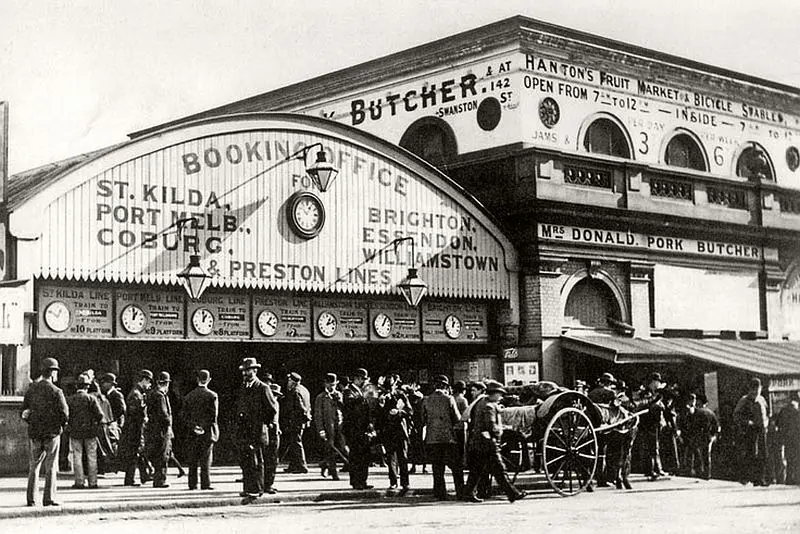
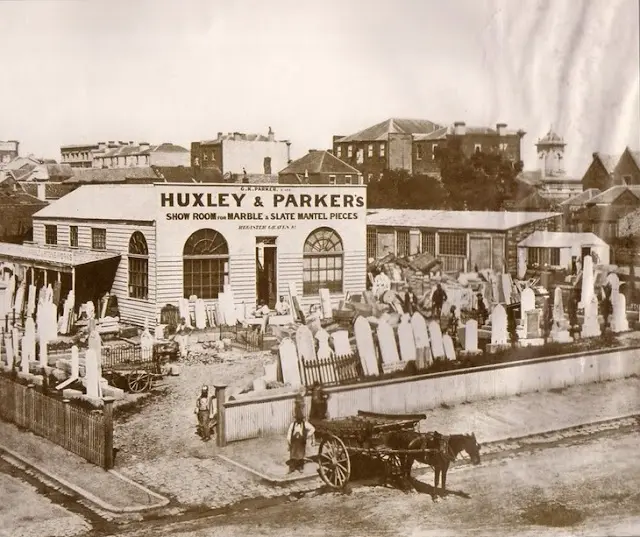
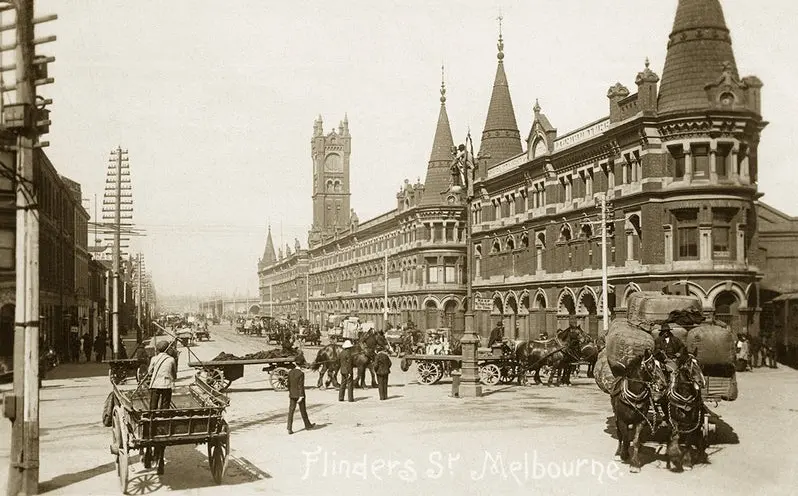
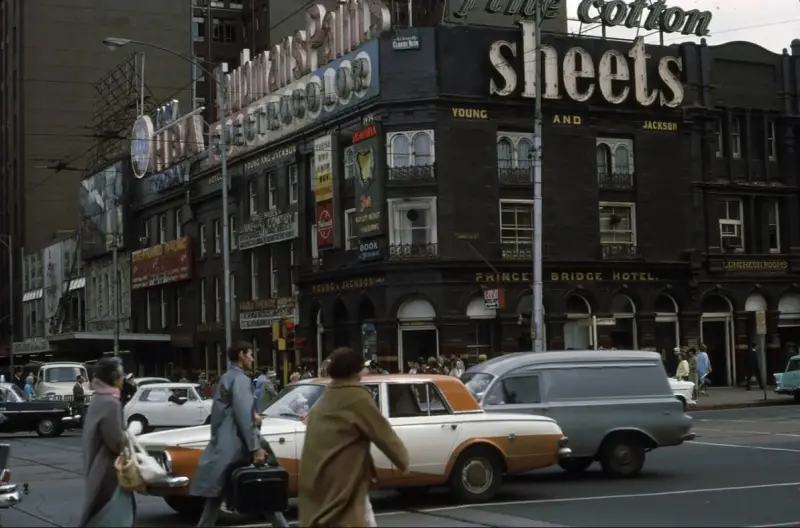

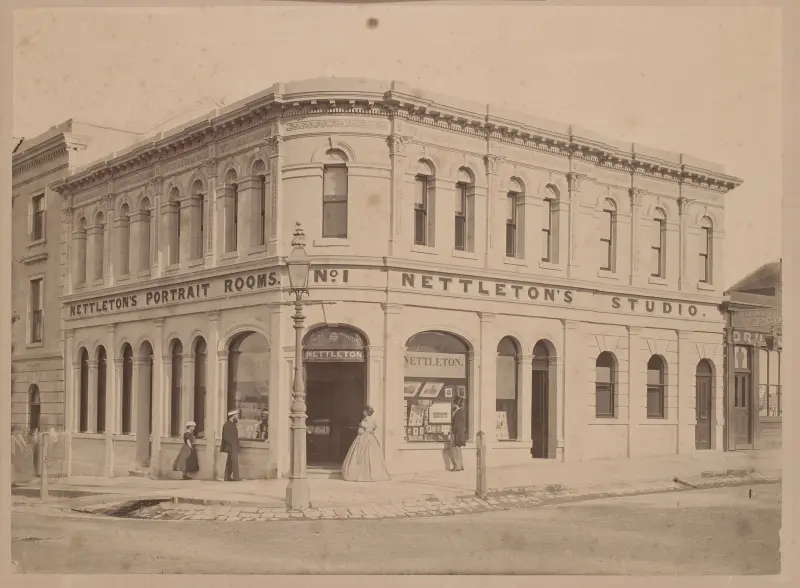
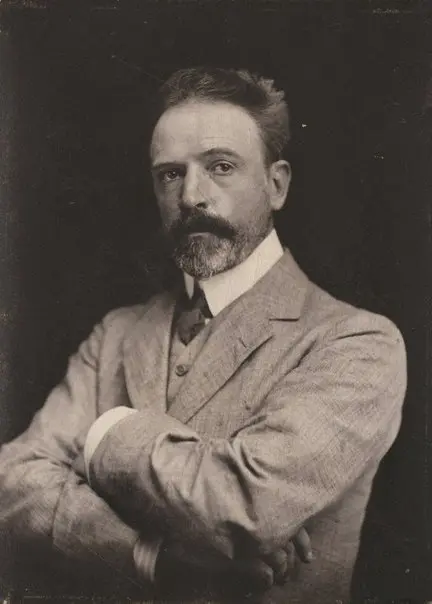
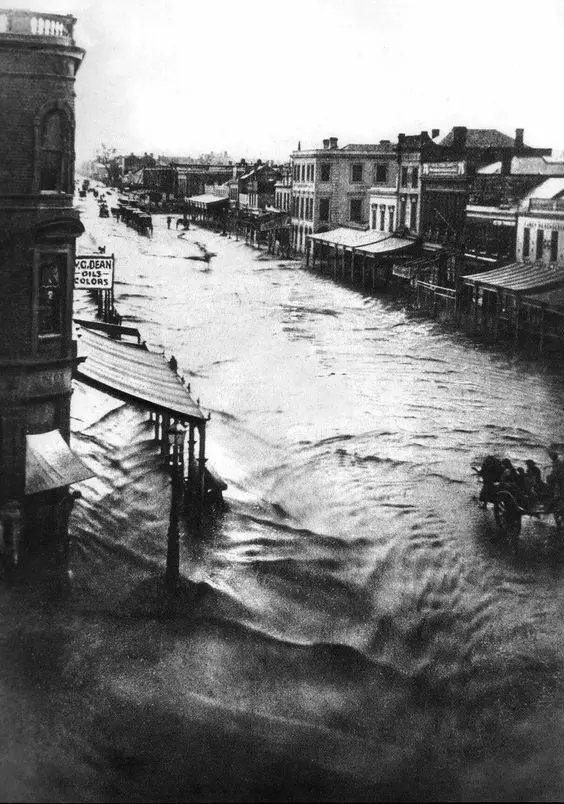
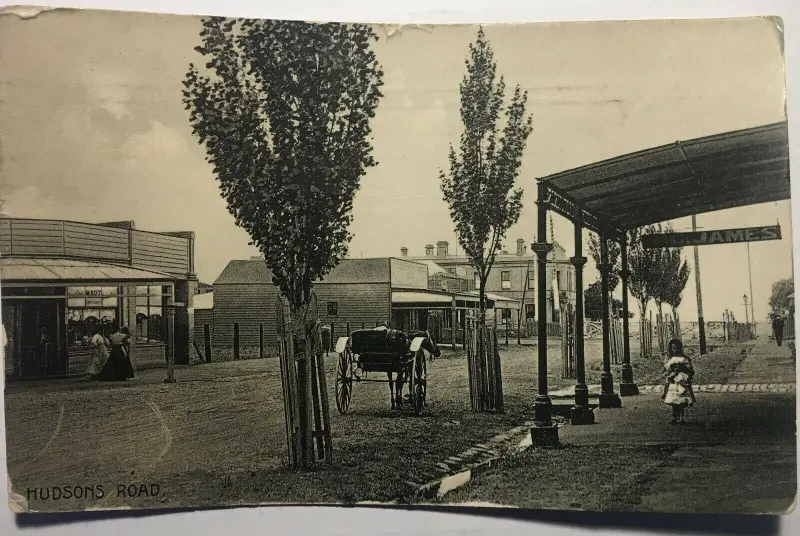
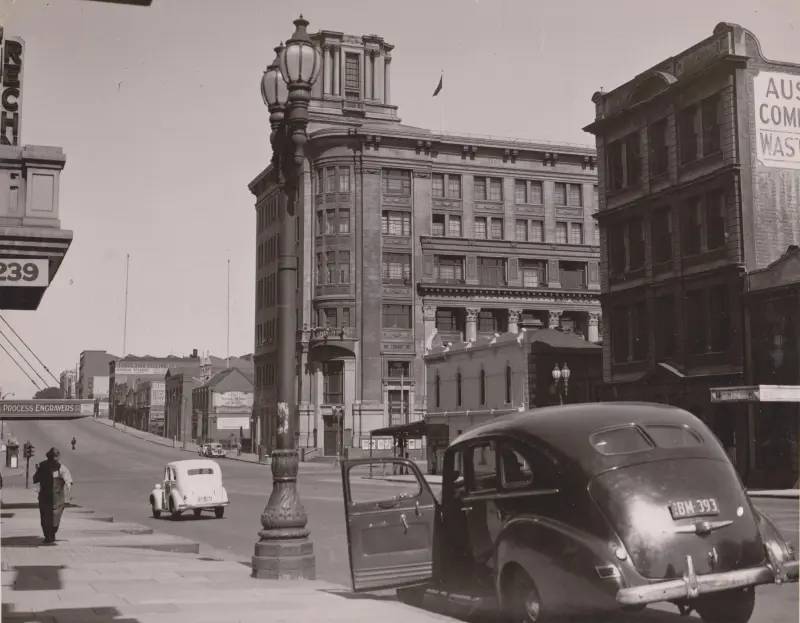
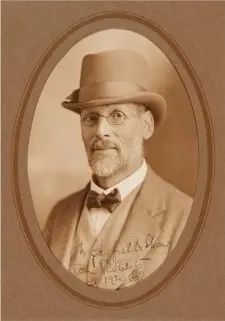
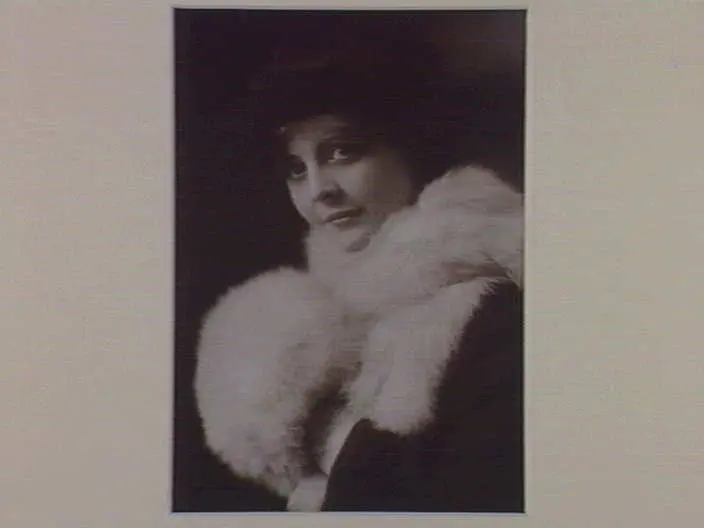
No comment yet, be the first to comment...